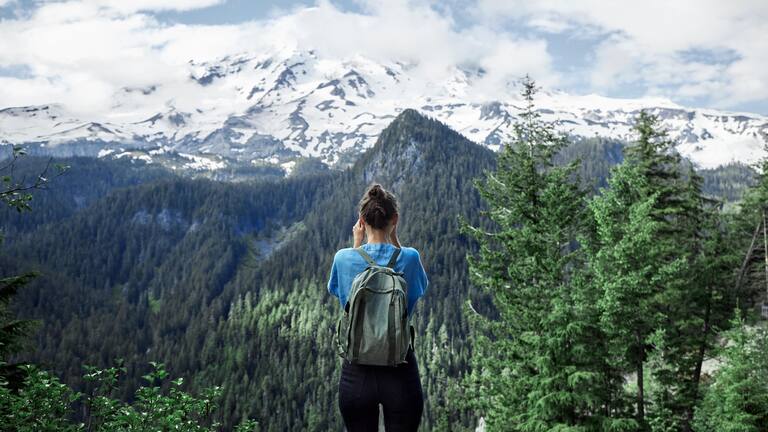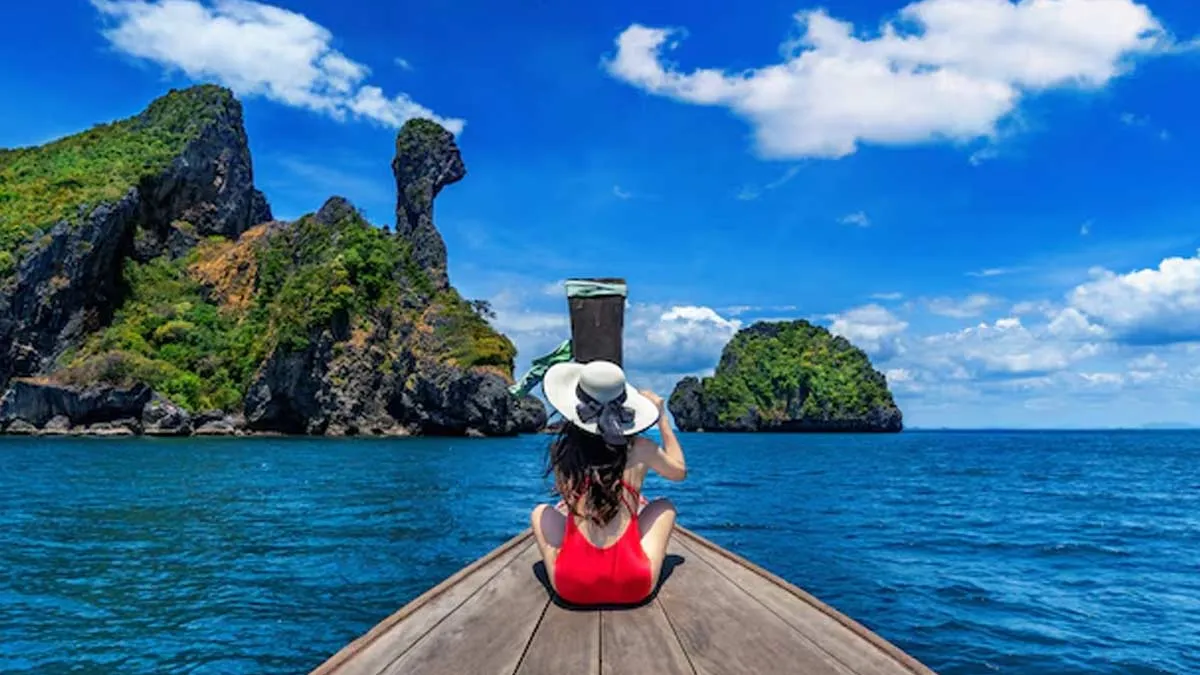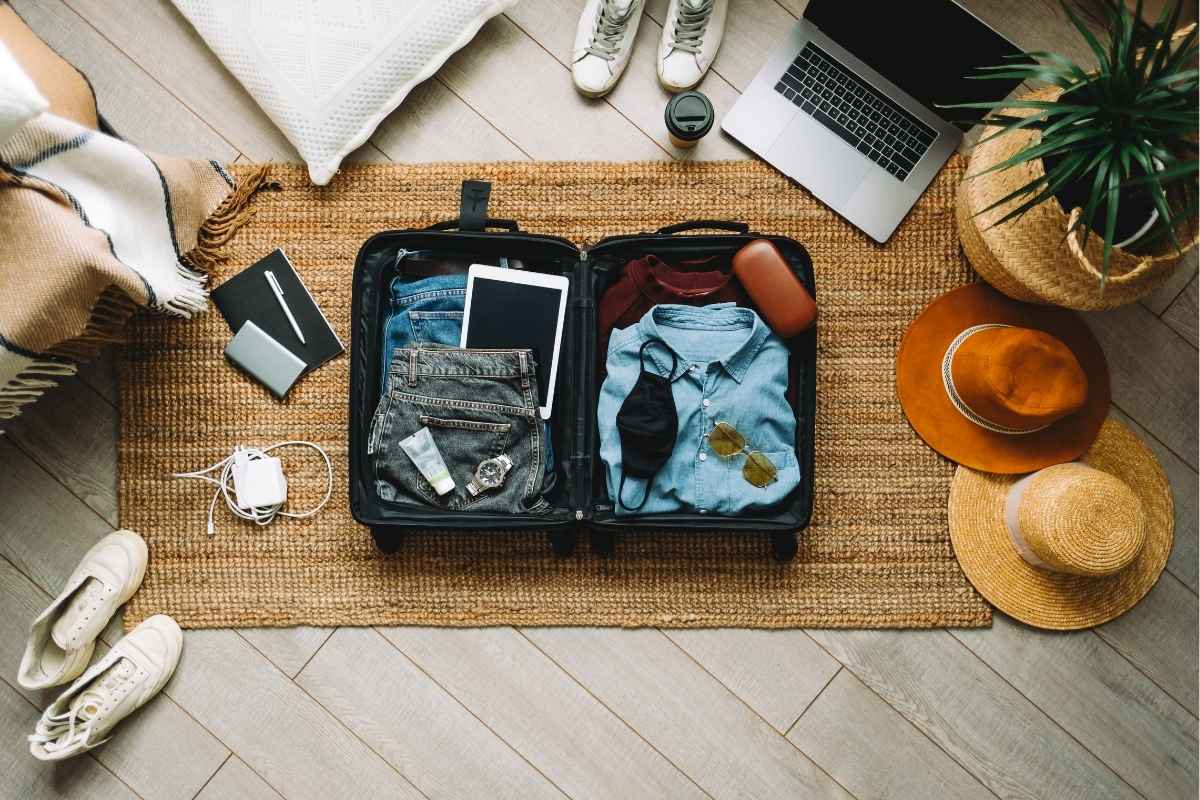Research Your Destination Thoroughly
Before setting off on your first solo trip, spend time researching your destination. Familiarize yourself with local customs, cultural norms, and any areas that may be unsafe, especially for tourists. Knowing the do’s and don’ts of a region helps you blend in and avoid unnecessary attention. Check travel advisories, read reviews, and join travel forums where other solo travelers share their experiences. You should also look into transportation options, emergency numbers, and nearby hospitals or consulates. Planning your trip well in advance reduces stress and ensures you have a backup plan if something goes wrong. The more you know about your destination, the more confident and safe you will feel when navigating new surroundings.
Share Your Itinerary and Stay Connected
Let someone you trust know about your travel plans, including where you’ll be staying and what activities you plan to do. Share your itinerary, flight details, and hotel addresses with a family member or friend. Regularly check in with them via text, email, or social media to reassure them of your safety. You can also use apps that share your real-time location, which can be particularly useful in case of emergencies. Staying connected not only gives peace of mind to your loved ones but also ensures that someone can alert local authorities quickly if you go off the radar. Remember to carry a portable charger so your phone remains powered throughout the day.
Trust Your Instincts and Stay Aware
One of the most valuable skills for solo travelers is learning to trust their instincts. If something feels off, whether it’s a person approaching you, a street that looks deserted, or an offer that seems too good to be true, it’s usually best to walk away. Staying aware of your surroundings can prevent you from becoming an easy target. Avoid distractions like wearing headphones or staring at your phone while walking in unfamiliar places. Confidence in your body language can deter potential scammers or pickpockets. Being alert doesn’t mean being paranoid—it simply means paying attention so you can respond quickly if something unexpected happens.
Secure Your Belongings at All Times
Keeping your belongings safe is crucial when traveling alone. Use a crossbody bag with anti-theft features like lockable zippers and RFID protection to secure your valuables. Carry only what you need for the day, and leave important documents like your passport locked in a hotel safe when possible. If you’re staying in hostels, consider bringing a small travel lock for your locker. Be cautious when using public Wi-Fi and avoid logging into sensitive accounts to protect yourself from cyber theft. Losing your belongings while traveling can be stressful, so taking preventive measures helps you avoid unnecessary disruptions to your trip.
Blend In and Travel Smart
Standing out as a tourist can make you a target, so try to blend in with the local culture. Dress modestly or in a way that aligns with local customs, and avoid flaunting expensive jewelry, electronics, or large amounts of cash. Learn a few key phrases in the local language—it not only helps you navigate more easily but also shows respect for the culture. Stick to well-lit areas at night, use trusted transportation services, and avoid oversharing personal details with strangers. Traveling smart allows you to fully enjoy your journey while minimizing risks. Solo travel can be empowering, and with the right precautions, it can also be incredibly safe and rewarding.




